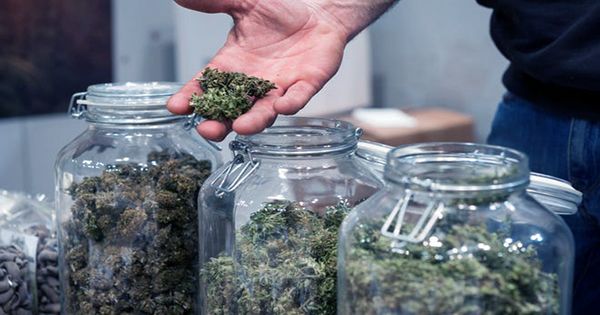After smoking synthetic cannabis products that may have been laced with rat poison, more than 40 persons in the Tampa Bay region have been hospitalized with serious bleeding. Cases have been on the rise in recent weeks, with two patients dying, according to Gizmodo. While it’s unclear exactly what was added to the pills to create such severe side effects, Alfred Aleguas, co-managing director of the Tampa Florida Poison Control Information Center, told 10 Tampa Bay that some samples looked to be “infected with rodenticide.”
Synthetic cannabis, often known as Spice or K2, is made out of plants that have been coated with chemicals that imitate the effects of natural cannabinoids. While these items are not prohibited in certain areas, they are poorly regulated and hence vulnerable to contamination and poor quality control.
Drugs in this class have already been connected to psychosis and addiction, as well as a frightening epidemic of severe bleeding that started in Illinois in 2018 and spread to 324 individuals in 11 states, ending in eight fatalities. In one case, the contaminated medications were discovered to contain brodifacoum, a form of rat poison that prevents blood clotting by depleting the body’s vitamin K supplies.
“If you manage to cut yourself shaving, you know how that would generally clot in a minute or two?” Alegues remarked in an interview with News Channel 8. It would bleed for hours if you ate brodifacoum.” Unfortunately, the new outbreak, which has yet to spread outside Hillsborough County, looks too connected to the same anticoagulant rat poison. Heavy nosebleeds, excessive menstrual bleeding, and blood in the urine or stool were among the symptoms reported by victims at emergency centers across the county.
While it is unknown how the rat poison got into these items or whether the contamination was intentional, it is considered that some drug traffickers intentionally lace narcotics with rodenticides to boost the intensity and duration of their products’ effects. Expert toxicologists from Florida Poison Control have been dispatched to hospitals dealing with the impacted patients, the majority of whom are receiving vitamin K treatment. Recovery, on the other hand, might take months, and local health officials are urging anybody who is experiencing symptoms to call 911 rights once.
















